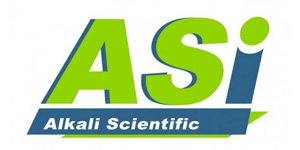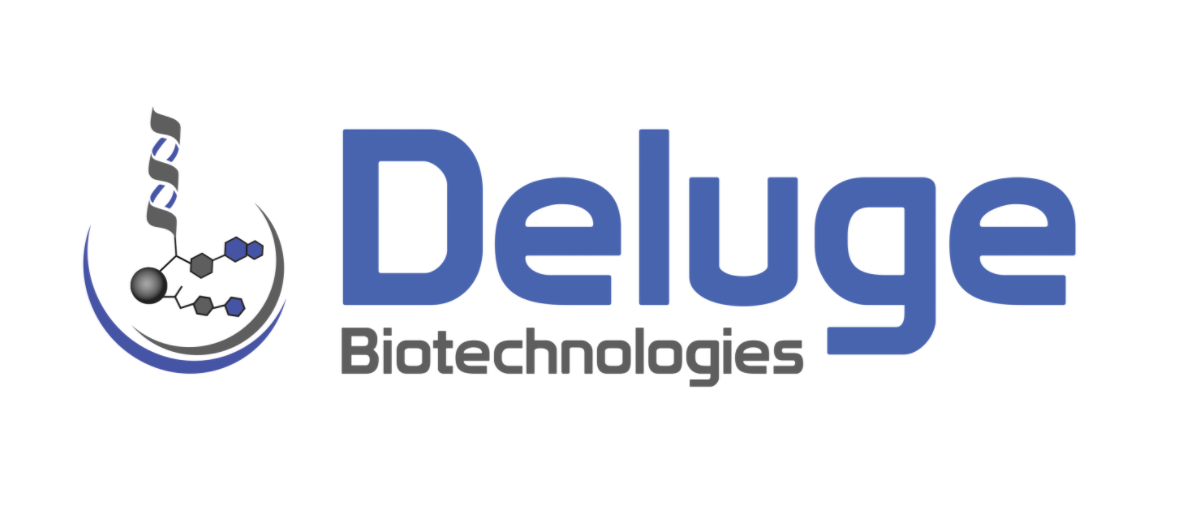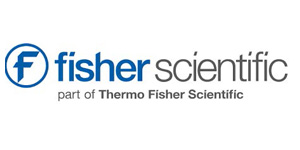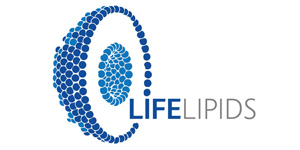Annual Frontiers in Chemical Biology Symposium
September 7, 2021 | Jupiter, Florida
The objective of our Symposium is to provide an experience and opportunity for our graduate students, postdoctoral fellows, faculty and neighboring scientists to hear from and meet some of the best scientists in the world. The invited distinguished speakers present topics covering innovative research in chemical biology.
This Symposium complements the Frontiers in Chemistry Symposia that is held in the Scripps La Jolla campus. The annual tradition of this event began with the establishment of the Department of Chemistry at Scripps Research. The inaugural event was held in 1990.

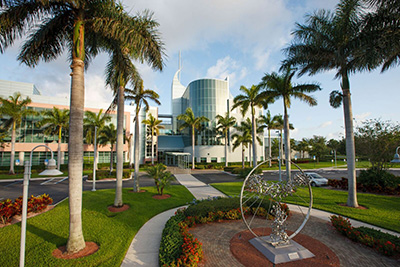
Date:
Tuesday, September 7, 2021
10:00 - 1:30 pm
Location:
Virtual - registration details forthcoming
Prof. Dr. Giluio Superti-Furga
Scientific Director, CeMM Research Center for Molecular Medicine of the Austrian Academy of Sciences
Profes sor of Medical Systems Biology, Medical University of Vienna Center for Molecular Medicine (CEMM)
Prof. Dame Carol Robinson, DBE FRS FMEdSci FRSC
Dr. Lee’s Professor of Chemistry
Director, Kavli Institute for Nanoscience Discovery University of Oxford
Prof. Dr. Donald Hilvert
Professor, Laboratory of Organic Chemistry ETH Zurich
Thank you to our 2021 sponsors:
Resources
Program and schedule coming soon.
Event Contact:
Beth A. PerconteSenior Lab Admin Coordinator
(561) 228-2955 | Email
Faculty Hosts:
Mia Huang, PhD
Assistant Professor, Department of Molecular Medicine
Scripps Research
(561) 228-2784 | Email
Chris Parker, PhD
Assistant Professor, Department of Chemistry
Scripps Research
(561) 228-2785 | Email
Hans Renata, PhD
Assistant Professor, Department of Chemistry
Scripps Research
(561) 228-2672 | Email


